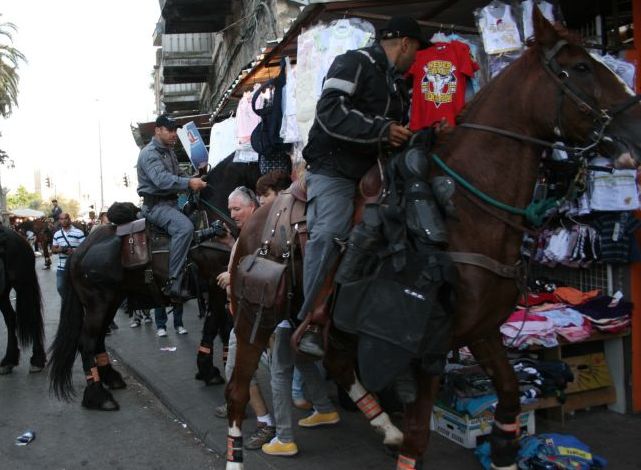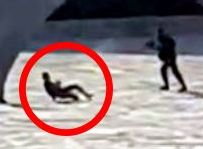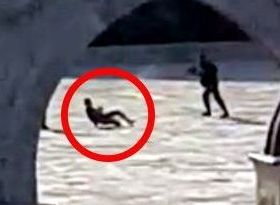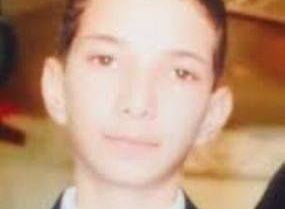Supreme Court holds additional hearing on Israel's practice of withholding bodies of deceased Palestinians
On 17 July 2018, the Israeli Supreme Court held an additional hearing to determine the legality of Israel's practice of withholding the bodies of deceased Palestinians killed by Israeli forces, in order to use them as bargaining chips in negotiating a potential prisoner swap.
The Israeli military is authorized to withhold the bodies of deceased Palestinians and delay their transfer to their families based on a policy approved by Israel's Security Cabinet. The policy, adopted on 1 January 2017, allows the military to withhold bodies under one of two grounds: that the deceased Palestinians are Hamas members or identify with Hamas; or that the attack carried out by the deceased Palestinian is deemed exceptionally severe.
In its original ruling on 14 December 2017, the Israeli Supreme Court decided by a majority of 2-to-1 that the policy of withholding the bodies of deceased Palestinians as bargaining chips was illegal. The majority opinion, written by Justice Yoram Danziger, held that Regulation 133(3) of the Emergency (Defense) Regulations of 1945 does not explicitly and directly authorize the withholding of bodies as bargaining chips. The Court ordered the State of Israel to release the withheld bodies to their families within six months of the ruling unless the Knesset enacts primary legislation that explicitly and directly permits the implementation of the policy.
In response to the ruling, the Israeli government submitted a request to hold an additional hearing, arguing that it constituted a legal precedent. Chief Justice Esther Hayut accepted the government's request for an additional hearing before an expanded panel.
Yesterday's additional hearing, held before a panel of seven justices, revolved around the scope of Regulation 133(3) and whether the regulation authorizes the military commander to withhold bodies as bargaining chips.
Adalah – the Legal Center for Arab Minority Rights in Israel – the Jerusalem Legal Aid and Human Rights Center (JLAC) and the Commission of Detainees and Ex-Detainees' Affairs represented the families of six deceased Palestinians involved in this case and whose bodies are withheld by Israel. The organizations argued that Regulation 133(3) should be given a narrow interpretation that does not pave the way for its use to permit the withholding of bodies as bargaining chips. They added that the practice violates the legality principle, a cornerstone of Israeli administrative law, as well as international humanitarian law and international human rights law. Withholding bodies or the denial of the right to dignified burial infringes upon the human dignity of the dead and their families. It also encroaches upon the families' right to privacy, family life, and religious freedom and may amount to cruel, inhuman, and degrading treatment. Using bodies of human beings – alive or dead – as bargaining chips effectively suspends the entire human rights regime.
The government, for its part, argued that even though the regulation does not explicitly specify the use of bodies as bargaining chips among its objectives, it should be interpreted in a manner that satisfies this purpose. The government also asked the Court to hold an ex parte hearing to divulge “secret evidence” that allegedly confirms the importance of withholding deceased Palestinians’ bodies in advancing a negotiated deal to release the bodies of two Israeli soldiers held by Hamas in Gaza. The representatives of the Palestinian families opposed an ex parte hearing, stressing that the main issue at stake is the scope of power granted by Regulation 133(3). As such, the discussion should not be deflected from the question of authorization to secret evidence obtained by the intelligence.
At the conclusion of the hearing, relatives of Israeli citizens who were allegedly killed during attacks by Palestinians yelled at the judges and lawyers, screaming "shame on you" towards the former while accusing the Palestinian lawyers of helping terrorists and having blood on their hands.
The Israeli Supreme Court will issue its final ruling during the upcoming months. The decision will affect all deceased Palestinians whose bodies are withheld by Israel.
Israel is currently withholding the bodies of twenty-six deceased Palestinians from occupied Jerusalem, the West Bank and the Gaza Strip, the longest-held of which is the body of AbdelHamid Abu Surour, held since his killing in April 2016.















